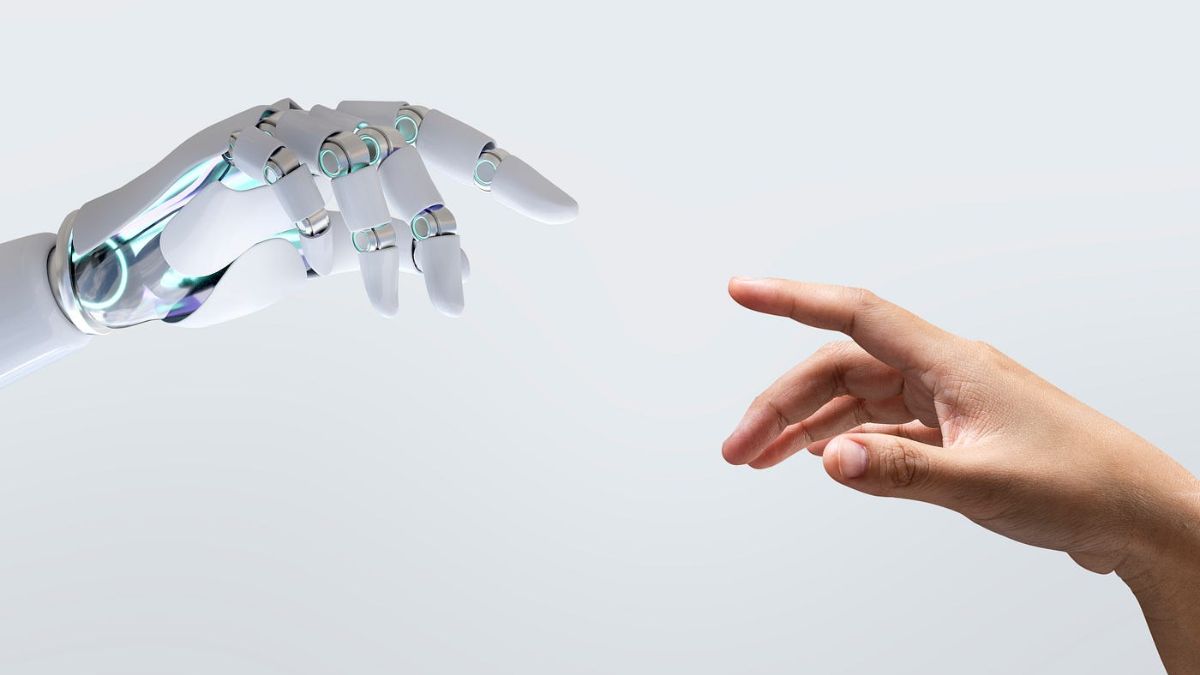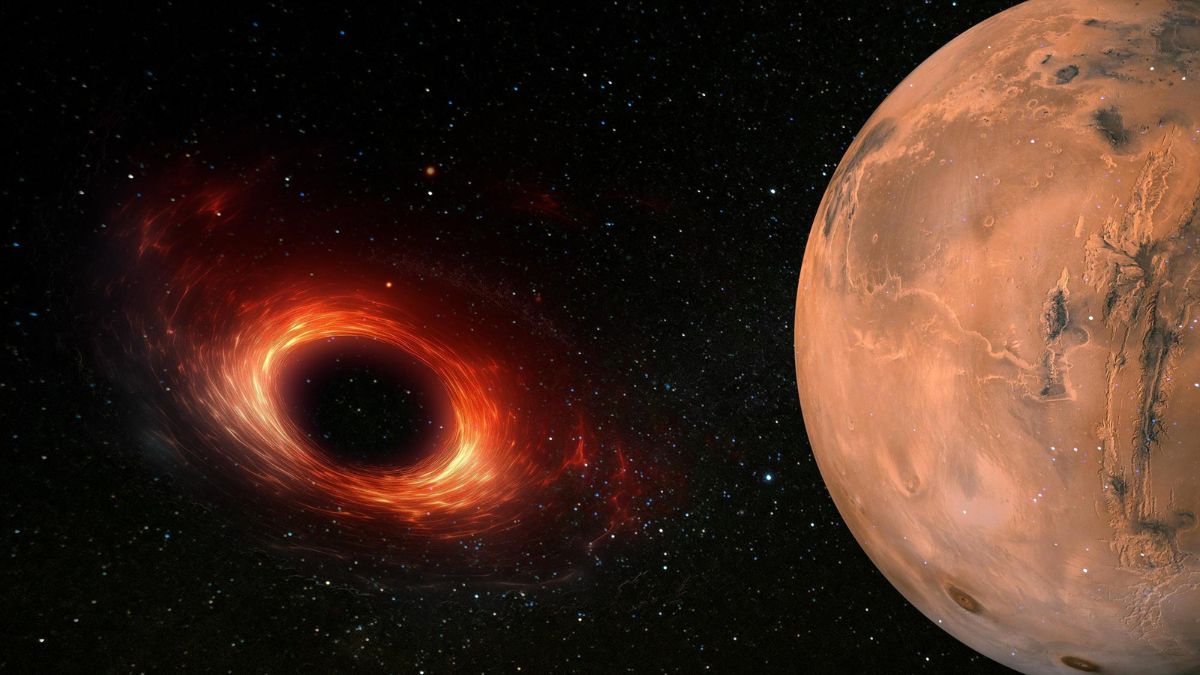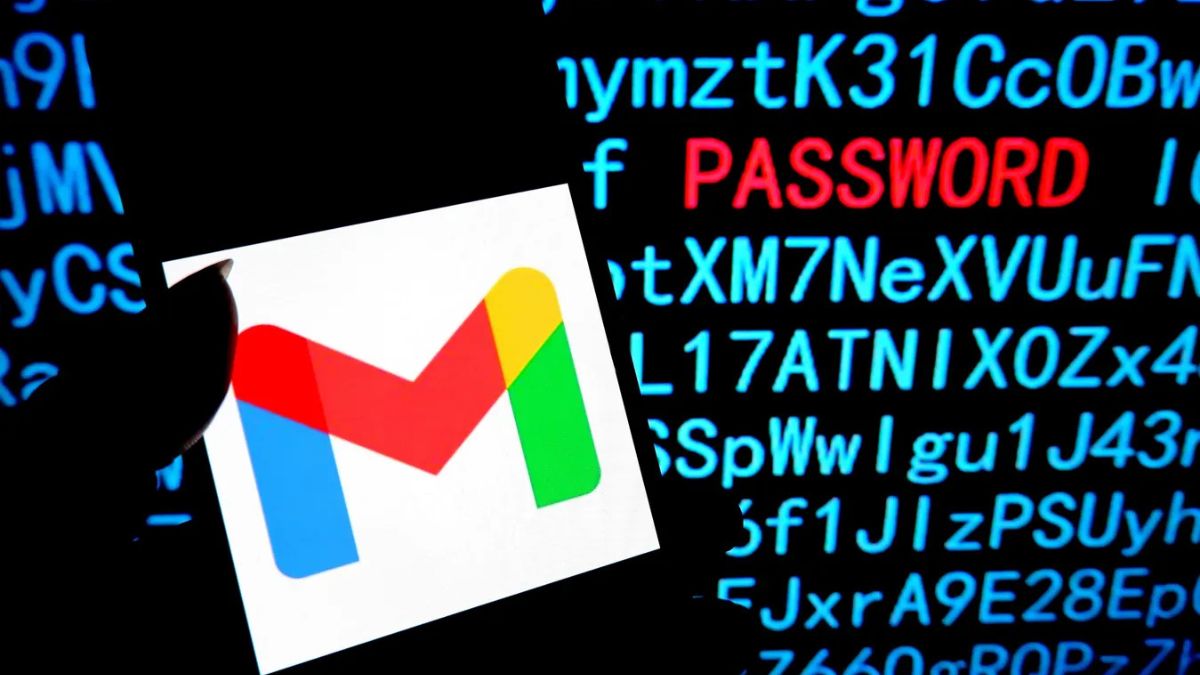OpenAI launched ChatGPT, based on the GPT design, in November 2022, which became an instant worldwide phenomenon. It achieved more than a million subscribers within one week, which took Facebook months to recieve. With the potential to generate human-like text, answer esoteric questions, and assist with everything ranging from coding to writing, ChatGPT has been promoted as revolutionary software. But behind the promise lies an escalating discourse of the dark underbelly what others like to call the “Curse of ChatGPT.” This article looks into the many challenges that are raised by ChatGPT, ranging from the potential to disrupt work to the menace to academic honesty to the facilitation of cybercrime to the suffocation of innovation, alongside the benefits and appropriate use of the same.
The Allure and Addiction
Convenience encourages excess
Among the best aspects of ChatGPT is how convenient it is to use. Need to write an email? Done. Want to be helped with coding? A breeze. Having trouble writing a college essay? No problem. This convenience has made ChatGPT nearly addictive to some, especially students and professionals who are under deadlines. What the model can do is replicate human tone, organize thoughts, and even generate creative writing. What the risk is, is that individuals begin to lose the want to think for themselves.
Cognitive offloading
Just like how GPS is turning us into poorer navigators, so too is ChatGPT changing us into lesser reasoners, alongside lesser writers. Under the process known as “cognitive offloading,” we are relying increasingly on artificial intelligence and less on ourselves, so that creativity, memory, and problem-solving skills gradually atrophy.
The Ghostwriter Problem
Creativity in Chains
Writers, screenwriters, artists, and poets are anxious about the advent of AI-generated writing. It can mimic style and shape, but not soul and life experience, which underlie any work that is genuinely original. Nevertheless, the marketplace is awash with AI-generated or AI-driven writing, much of which obfuscates what is created, what is not, to the point of confusion.
This ambiguous sentence raises questions
Will real storytelling become extinct?
Is originality possible in an era with unlimited, immediate information?
Academic Integrity Crisis
AI As A Cheating Engine
Possibly nowhere is the curse more apparent than in the educational arena. Students now routinely use ChatGPT to write essays, homework, and even research abstracts. Teachers are left outgunned, trying to detect AI-generated writing, particularly where it has been cleverly paraphrased.
Others responded with stricter controls, detection software that uses AI, and the return of oral exams and hand-written assignments. However, the race to use AI to counteract the use of AI detection continues, negating the academic achievements.
Misinformation and Illusion of Confidence
The hallucination problem
Perhaps the most disconcerting thing about ChatGPT is that it can be convincing even when it is incorrect. This has been termed “hallucination”—the assertive creation of false information or misinformation. Without careful fact-checking, users blur the lines between AI output and truth, perpetuating misinformation, and eroding public confidence in knowledge.
Ethical and Existential Concerns
Loss of Employment and the Human Role
As models such as ChatGPT become more sophisticated, sectors such as software development, journalism, education, and customer service are under threat of automation. Certain jobs will evolve, but others will be lost forever. The question that arises is: What is left to be done by human beings when machines can write, reason, and think like us?
Security, Data, and Privacy ChatGPT has been trained using large data sets, some of which include publicly accessible personal information. This raises questions around data privacy, intellectual property, and data consent. Thus, to whom does what the AI has created belong? Can the artist sue the reproduction of his or her style? Can AI work be owned by a company?
The Psychological Impact
Self-esteem, Identity, and Alienation
AI can cause individuals to question their own value. If the AI can write more eloquently than you, code more efficiently than you, or respond to questions more eloquently than you—what good are you? This causes at least some, the younger individuals most significantly, to feel an existential angst.
Others grow too dependent, using the AI to be their source of companionship, emotional comfort, or entertainment. Regardless of how much it is designed to simulate, the AI is not sentient or conscious—reliance upon it will be inherently frustrating or deceptive.
The Unavoidable Evolution
For all these reasons, models like ChatGPT are not going anywhere anytime soon. The curse, then, is not the instrument per se—but how we use it. As with any revolutionary tool, it has the potential to empower, but also to cause danger.
The answer lies in
AI literacy: teaching how to use it responsibly
Ethical design promotes transparency, fairness, and accountability
Human values: keeping in mind that AI can support, not substitute, human judgment and creativity.
Conclusion: A Mirror, Not a Monster
The “Curse of ChatGPT” is not so much it, but what it reveals about us—our desire for convenience, our insecurity at not measuring up, and our struggle to keep pace with something authentic at the pace of the world today. ChatGPT is not the problem, but the mirror that reflects our genius and blind spots to us. The question, however, is the following: Shall we utilize the tool, or shall the tool utilize us?




